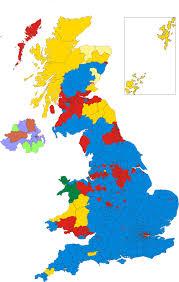Understanding Elections in Canada: Process and Significance

Introduction
Elections play a critical role in shaping the democratic landscape of Canada, offering citizens a chance to voice their opinions and influence governance. With impending federal and provincial elections, understanding the electoral process, key players, and significant issues at stake has never been more important for Canadians. This article outlines the current state of elections in Canada, highlighting upcoming events and their implications.
Current Electoral Climate
As Canada heads towards the next federal election slated for 2025, political parties are gearing up for a competitive race. The Liberal Party, under Prime Minister Justin Trudeau, aims to retain power despite facing challenges, including rising inflation and environmental issues. Meanwhile, the Conservative Party, led by Pierre Poilievre, is seeing renewed enthusiasm as it seeks to capitalize on discontent among Canadians regarding economic matters.
Provincial elections are also on the horizon, with notable votes expected in provinces like Ontario and Quebec. In Ontario, where the Progressive Conservative Party currently holds the majority, upcoming municipal elections may shift local leadership dynamics significantly. In Quebec, the Coalition Avenir Québec is navigating its own challenges following the pandemic, making the next election crucial for its future.
Voter Engagement and Issues
Voter engagement remains a vital concern, especially among younger demographics. Recent studies show that turnout rates among youth voters in federal elections have been below expectations. Political campaigns are increasing their outreach efforts, utilizing social media and community outreach to galvanize this important voting bloc.
Several key issues are expected to dominate election conversations, including health care, climate change, and economic recovery plans. Public opinion surveys indicate that Canadians are particularly concerned about healthcare accessibility and affordability, prompting debates on how best to manage these services moving forward.
Conclusion
The electoral landscape in Canada is poised for a transformative period, with significant implications for all levels of government. As elections approach, it is essential for voters to stay informed about the candidates, their platforms, and pressing national issues. With strategic voter engagement and awareness, Canadians can help shape a future reflective of their values and priorities. By understanding the electoral process and participating actively, citizens can ensure their voices are heard in the democracy that defines Canada.


